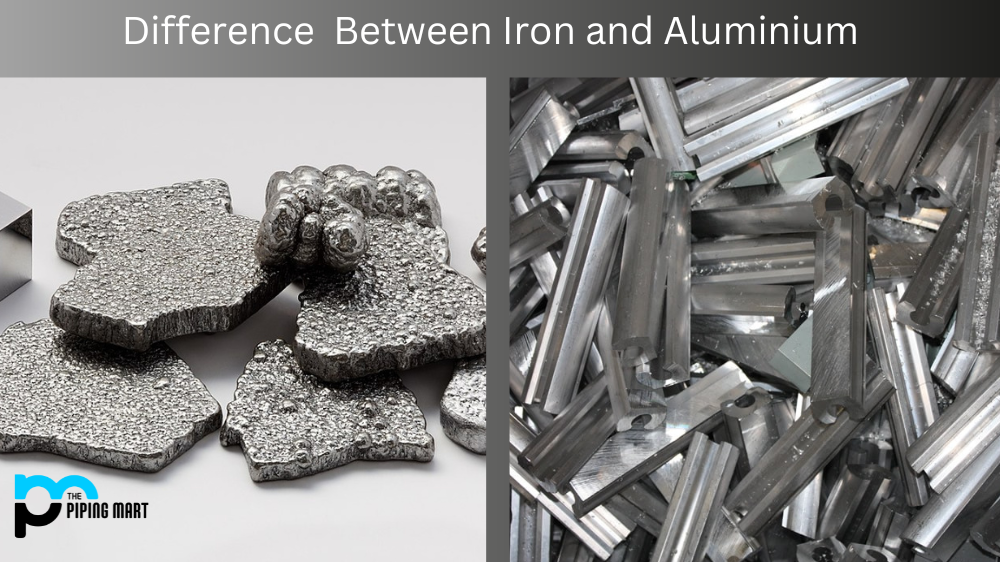In electrical wiring, copper and nickel wires are the two most popular options. Each type of wire has its own unique benefits as well as drawbacks. It’s important to understand the differences between copper and nickel wires before making a decision on which one is best for your electrical wiring needs. Let’s take a look at the pros and cons of each type of wire.
8 Advantages of Copper Wires
The first benefit of copper wires is their ability to resist corrosion. Because copper resists oxidation, it can remain in good condition for many years without breaking down or becoming damaged due to weather conditions or other environmental factors. Copper is also resistant to electricity, meaning it won’t conduct an electric current if it’s exposed to water or moisture. This makes copper a great choice for outdoor wiring projects. Additionally, copper wires are often less expensive than nickel wires, making them an accessible option for those on a budget.
- Copper is an excellent conductor of electricity.
- Copper is a very strong metal, so it can be used in a variety of applications.
- Copper is resistant to corrosion, so it can be used in harsh environments.
- Copper is non-toxic, so it can be used in a variety of applications.
- Copper is recyclable, so it is environmentally friendly.
- Copper is relatively inexpensive, so it is a cost-effective option for many applications.
- Copper wires are easy to work with, so they are a popular choice for electrical projects.
- Copper wires are available in a variety of sizes, so they can be used in a variety of applications
8 Advantage of Nickel Wires
Nickel wires have some advantages over copper wires when it comes to resistance to electric currents. Nickel is more resistant to electric currents than copper, making it ideal for large-scale projects where there may be significant amounts of electricity flowing through the wiring system. Additionally, nickel has a higher melting point than copper, meaning it can withstand high temperatures better than its counterpart. Finally, nickel has higher tensile strength than copper, meaning it can handle more weight without snapping or breaking apart like copper might.
- Nickel wires are more resistant to corrosion than other types of wires.
- Nickel wires have a higher melting point than other types of wires, which makes them ideal for use in high-temperature applications.
- Nickel wires are less likely to break or become damaged than other types of wires.
- Nickel wires are more conductive than other types of wires, which makes them ideal for use in electrical applications.
- Nickel wires are more flexible than other types of wires, which makes them easier to work with.
- Nickel wires are less likely to cause static electricity than other types of wires.
- Nickel wires are non-magnetic, which makes them ideal for use in applications where magnetic fields need to be avoided.
- Nickel wire is recyclable, which makes it an environmentally friendly option
Conclusion:
Choosing between copper and nickel wires really depends on what kind of project you are undertaking and what kind of environment you are working in. Copper offers excellent resistance to corrosion and electricity but may not be able to withstand high temperatures or heavy loads as well as nickel can. On the other hand, nickel offers superior resistance against electric currents but may be more expensive than other alternatives, such as aluminum or steel wiring systems. Ultimately, the best way to decide which wire type is right for you is by evaluating your specific needs against the strengths and weaknesses associated with each material so that you can make an informed decision that will help ensure your project’s success.

Meet Bhavesh, a seasoned blogger with a wealth of knowledge and experience. From metal products manufacturing to retail, Bhavesh has a diverse background in various industries and is dedicated to sharing his insights and expertise with readers.




